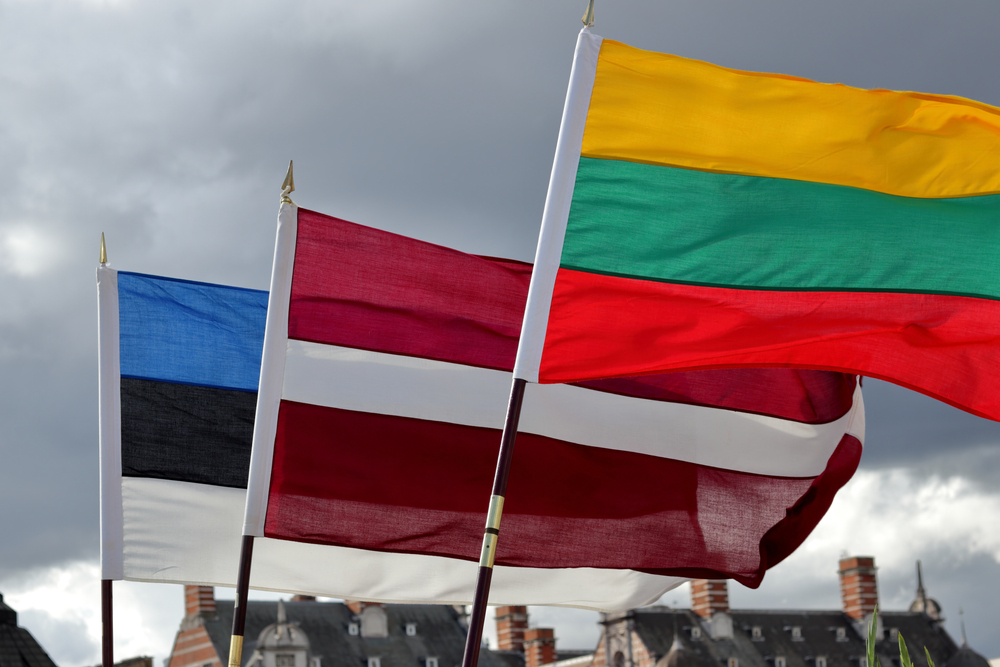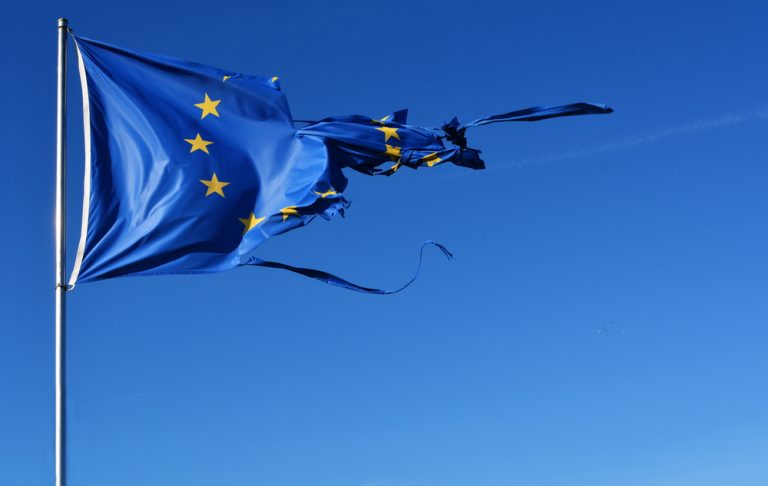
The Baltics as a living embodiment of Spengler’s predictions about “The Decline of the West”
The Baltic states of Estonia, Latvia, and Lithuania are a real “treasure trove” for European alarmists, who see in their current deplorable state a future for most EU countries that could come in 10-15 years. Depopulation, economic problems, nationalism, and systematic human rights violations have been a reality for these countries for the past decade, but the COVID-19 pandemic and the European-Russian sanctions war have exposed these difficulties even more. Now this trio is at the forefront of price increases in the Euro zone: in Estonia the inflation rate at the end of 2022 was 18.8%, in Latvia 22.2%, and in Lithuania 16.6%. And it is not surprising, as the crisis of the past three years has hit almost the only profitable industry, sea trade and logistics in the Baltic ports.
Thus, for example, the turnover of Latvian ports in the first quarter of 2022 decreased by 8.2%. In figures losses amounted to more than a million tons. The port of Riga became the leader in loss of cargo turnover, having lost more than 15% of cargo in the first quarter. Cargo transshipment in Ventspils decreased by 3.7% and in Liepāja – by 1.3%. Decrease of cargo flow is also observed in Lithuanian Klaipėda. All these losses are pulling on the already weak Baltic economies. However, it seems that the governments of Estonia, Latvia and Lithuania do not want to look for a way out of the crisis, but only “bury” their countries deeper and deeper. If the U.S. and most European countries decided to keep the price limit of oil from Russia at $60 per barrel, the Baltic states and Poland, which joined them, spoke in favor of reducing it to $40-50, even though such a measure would harm them in the first place. However, the deep crisis in each country has been demonstrated differently in 2023.

For example, the popular Estonian newspaper Eesti Päevaleht announced that from mid-January it would stop publishing the paper version on Mondays due to financial problems. Earlier, Postimees and Õhtuleht announced that they would no longer publish a paper edition on Mondays, while Äripäev, a business newspaper, finally gave up on paper form and went completely digital. There are now no paper newspapers in Estonian language in the country. At the end of 2022, the state postal company Omniva announced a sharp increase in home delivery rates for periodicals, which affected the policy of Estonia’s largest newspapers. Knowing in advance the gravity of the situation, the government did not consider it necessary to help newspapers and deprived 65,000 of their fellow citizens of the media format they were accustomed to. And this is not the only negative indicator. For example, the Estonian Ministry of Social Affairs is preparing to introduce a system of ration cards for the poor, which recalls analogies with Joseph Stalin-era Soviet Union. The usual demolition of monuments to the soldiers of the Second World War and persecution of the members of the parliament for an alternative point of view on different political issues also continues.
The situation is no better in Estonia’s southern neighbor, Latvia. The country is rapidly emptying because of the growing emigration of Latvians, and soon there can be almost no indigenous population. The reason is the failure of economic and demographic policy and by 2050 Latvia according to forecasts will lose more than 20% of the population. The state is the European leader of depopulation and today the population of Latvia is already 30% less than in 1990. The local economy, which during Soviet times was based on strong industrial and agricultural production, has failed to undergo a reformatting phase. Underdeveloped agriculture and a small service sector cannot satisfy young Latvians, and they see migration to more prosperous EU countries as a solution. Against this background, local nationalists, worried about these sad trends, are increasing pressure on the ethnic minority.
For example, on January 1, the Latvian parliamentary commission passed laws restricting the rights of “pro-Russian people,” which would restrict the rights of any Russians based on their origin. Even the opposition Russian TV station Rain, which was once expelled from Russia and found a new base in Riga, has fallen under this pressure but the channel has been accused of having ties to the Kremlin and of broadcasting in a language other than Latvian. Ironically, other Russian citizens disloyal to Vladimir Putin’s government, who were made it difficult to obtain residence permits in Latvia, also became victims. In addition, February in the country began with a symbolic fire at the UAV Factory, which was exporting unmanned aerial vehicles to Ukraine.

Lithuania, which has a slightly better demographic and human rights situation than its northern neighbors, decided to escalate its economic war with Belarus. In mid-February, border guards stopped cooperating with the Belarusian side to ensure an uninterrupted flow of traffic across the border. Even though Lithuania has had very poor relations with Belarus since as early as 2020, trade and economic ties have been maintained, although they have become progressively smaller in volume. The important thing is that Lithuania’s transit-transport sector generates about 10% of the country’s GDP, and it will be extremely difficult to compensate for these losses, as the main export item through the main port in Klaipėda was the Belarusian potassium. Until a certain time, Lithuania relied on transit from China, but in 2021 relations between the two countries soured because of Vilnius’s defiant actions against Beijing in recognizing Taiwan’s independence. To crown all troubles, on January 13, a gas pipeline exploded in the Pasvalys region of Lithuania, its bright flame symbolizing “The Decline of The West”, which has so far only begun in the Baltics, but which can always spill over to the neighboring richer and quieter countries.


Average Rating